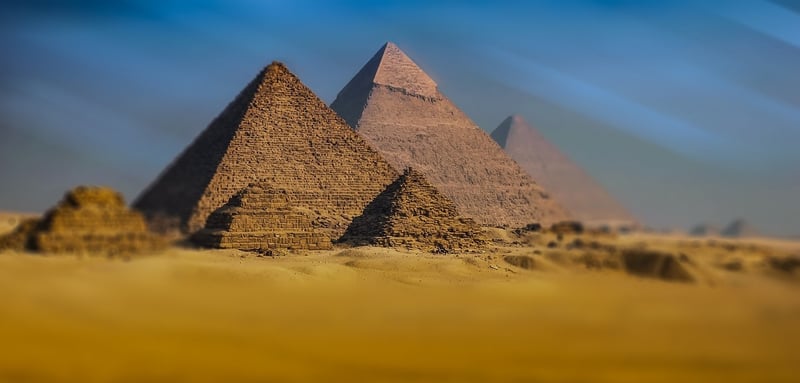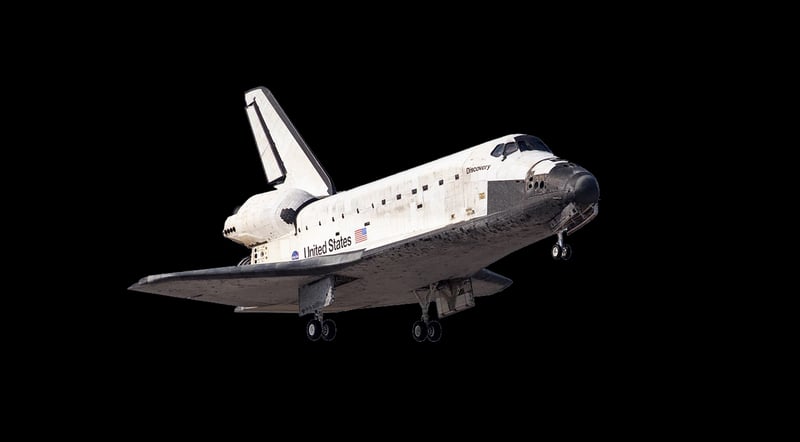Future Exploration
Exploring Different Eras and Future Exploration
Introduction
Exploring different eras allows us to delve into the past and gain insights into how civilizations, cultures, and technologies have evolved over time. From ancient civilizations to the modern era, each period has its unique characteristics and contributions to human history. Additionally, looking towards future exploration opens up possibilities for discovering new frontiers, advancing technology, and understanding our place in the universe.
Ancient Era
The ancient era, spanning from the dawn of human civilization to the fall of the Roman Empire, is rich in history and innovation. From the construction of the pyramids in Egypt to the development of writing systems in Mesopotamia, this era laid the foundation for many aspects of modern society.

Medieval Era
The medieval era, characterized by feudalism, knights, and castles, saw significant advancements in art, architecture, and governance. The construction of cathedrals, the rise of universities, and the spread of trade routes are notable achievements of this period.

Industrial Revolution
The industrial revolution marked a shift towards mechanization, urbanization, and industrialization. Inventions such as the steam engine, spinning jenny, and telegraph revolutionized manufacturing processes and communication networks, leading to profound societal changes.

Modern Era
The modern era, characterized by rapid technological advancements, globalization, and interconnectedness, has reshaped how we live, work, and communicate. Innovations like the internet, smartphones, and space exploration have transformed the way we interact with the world around us.

Future Exploration
Looking ahead, future exploration holds promise for new discoveries in space, technology, and sustainability. Advancements in artificial intelligence, space travel, and renewable energy sources are paving the way for a more sustainable and interconnected future.

Conclusion
Exploring different eras provides us with a deeper understanding of our past, while future exploration offers us the opportunity to shape a better tomorrow. By learning from history and embracing innovation, we can continue to push the boundaries of knowledge and create a future that benefits all of humanity.
